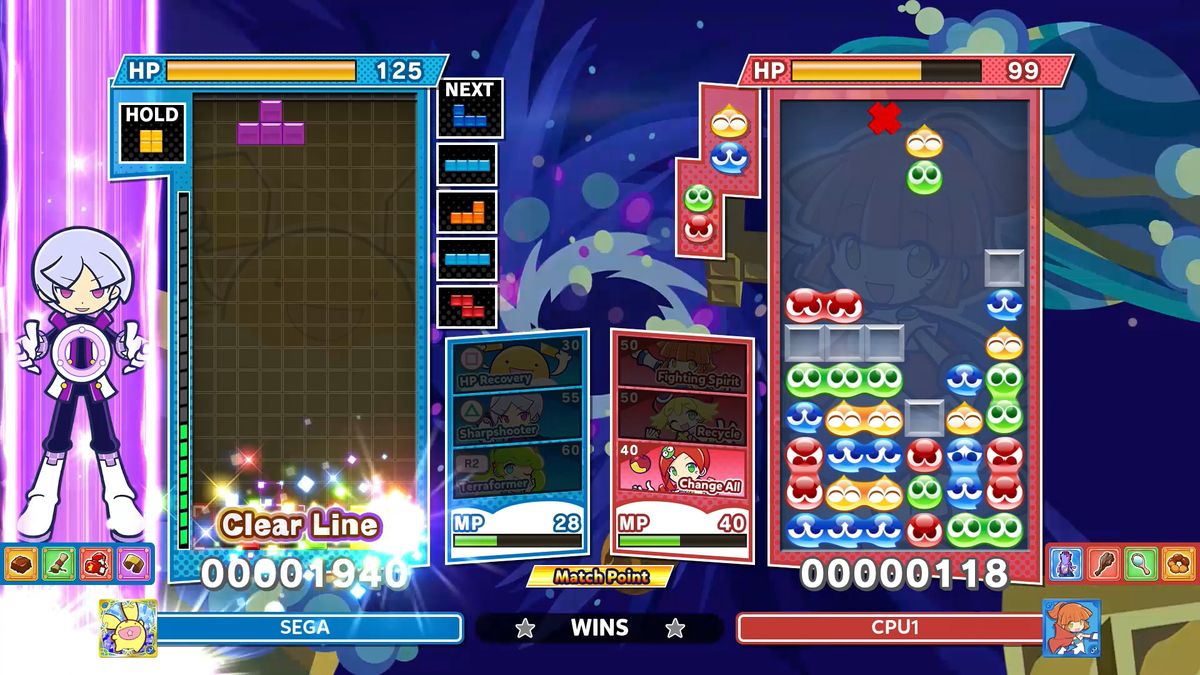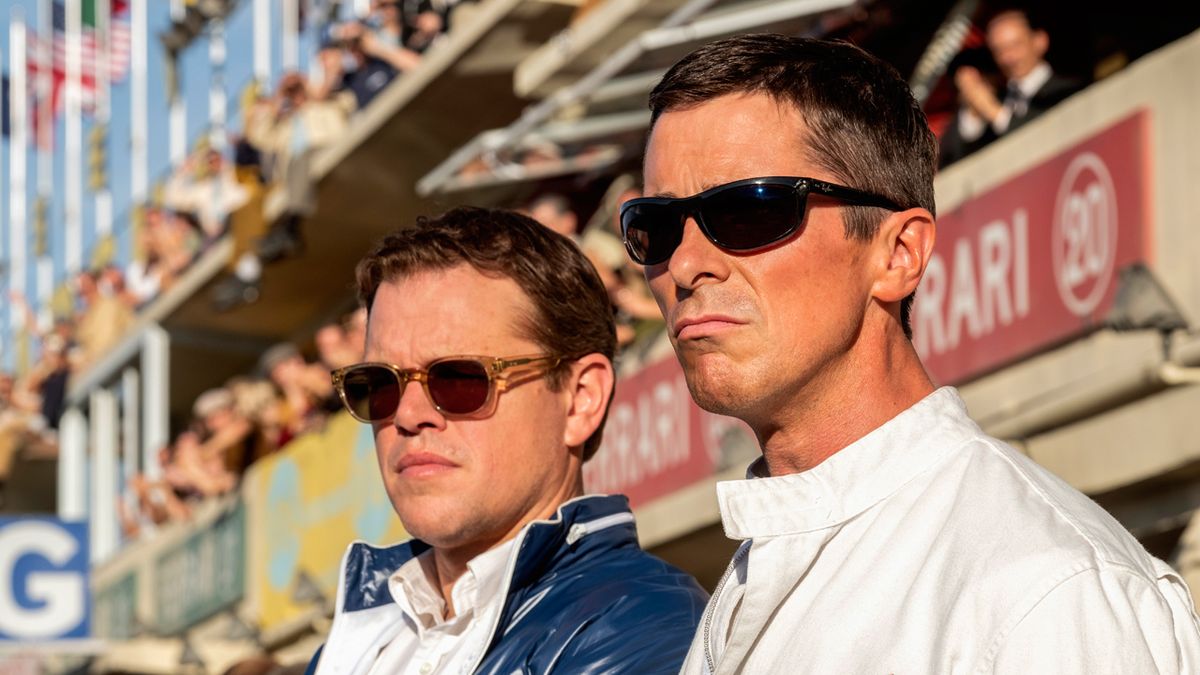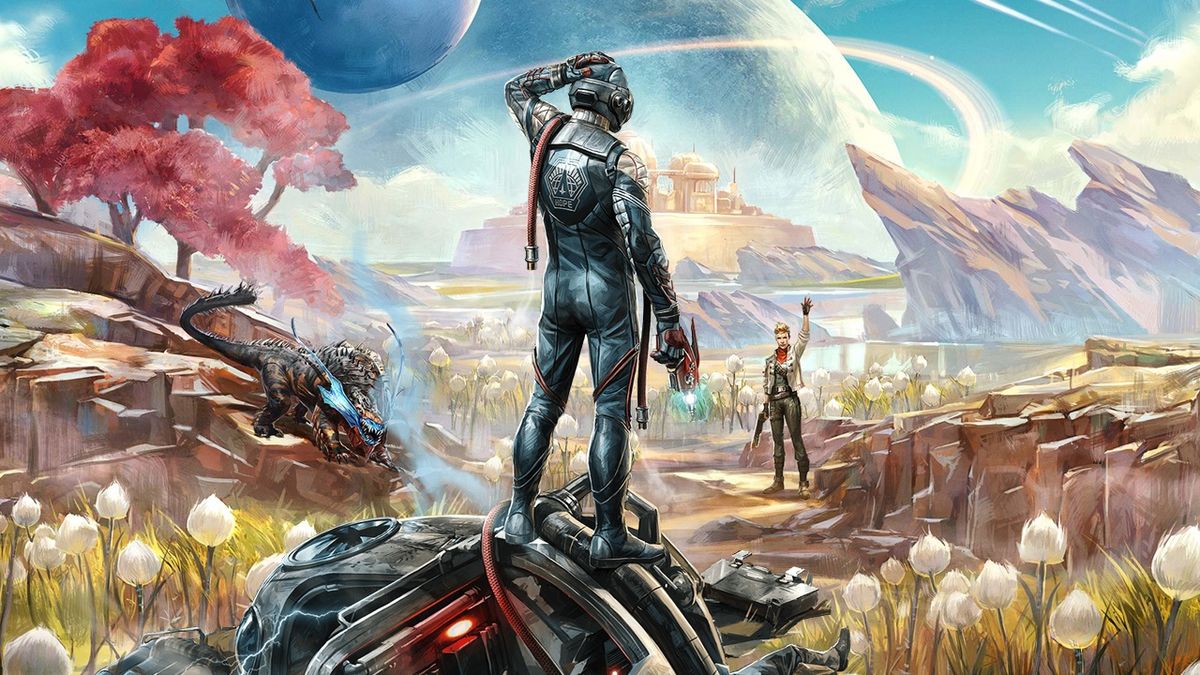Up to this point, Call of Juarez has managed to distinguish itself as a flawed but likable series, one that’s brought some interesting characters and gameplay touches to the underrepresented Western-game genre. With Call of Juarez: The Cartel, however, it hasn’t just moved into the modern era – it’s moved into thuddingly dull, absurdly “gritty,” Kane-and-Lynch-esque urban-shooter territory.

That’s not to say it’s terrible. In fact, if played as intended – which is to say, with three co-op players – The Cartel actually brings some interesting ideas to the table, first and foremost that its three heroes (a DEA agent, an FBI sniper and a cowboy LAPD detective who’s descended from the previous games’ McCall brothers) all despise each other in spite of being forced together to bring down a Mexican drug cartel.
While that in itself is nothing new, it manifests partly as competitive challenges that periodically pop up during gameplay. When you and a partner kick down a door and gun down the thugs behind it in slow motion, for example, you might get bonus experience points (good for building a better arsenal) if you can gun down more bad guys than your buddy. Ditto if you do the most damage to a boss, or rifle-butt a couple of drug thugs into submission.

Another interesting touch: all three of the protagonists are secretly corrupt, and have to steal guns, drugs, money and other items for people who are putting the squeeze on them. Doing this will net you fat experience bonuses, but it needs to be done when your partners aren’t looking. And while it might be tempting to turn a blind eye to their thievery, you’ll get bonus points for catching them, too.
Asinteresting as that stuff is, though,it’s not interesting enough to cover up the fact that The Cartel is otherwise a pretty bland, straightforward shooter with ugly visuals and largely interchangeable enemies. That’s even more obvious if you’re playing it by yourself, in which case all the fun competitive aspects (and your partners’ ability to revive you if you die) are missing. You’ll still need to steal stuff, but your partners – who under AI control do little aside from follow you and shoot stuff with pistols – are easy to fool, and they never seem to do anything illicit themselves.

They also never drive. In co-op, the game’s car-chase sequences are clumsy but fun, as one (defenseless) player takes the wheel and steers through a semi-open track while the other two lean out the windows and unload on carloads of baddies. In single-player, meanwhile, they’re just clumsy. You’re always the driver, and your survival depends more on your ability to pilot your sluggish ride around trouble than it does on your partners, who plink away ineffectually at the bad guys with (again) their pistols.
The AI’s reliance on pistols is weird, because each character has three weapon slots – one for a rifle, and two for pistols. Each also has their own specialties in combat, which don’t come through in the AI. DEA agent Eddie Guerra, for example, can wield submachine guns instead of pistols, and shoot with one in each hand. The FBI’s Kim Evans has the best accuracy with a sniper rifle, an extra level of zoom-in aiming with her other guns, and a lengthier “concentration mode” (read: bullet time) than the other characters. And Detective Ben McCall (a dead ringer for the earlier games’ Reverend Ray) can soak up more damage, is tougher in fistfights and more lethal with heavy weapons.

While their unique abilities make each character a slightly different experience, the action still boils down to uninspired run-and-gun, broken up occasionally by slow-mo room-clearing sequences, boss fights against choppers and moments during which you run between hiding spots while your allies cover you, enabling you to get the drop on heavily armed groups of thugs. (Thankfully, though, the tedious quick-draw sequences from CoJ: Bound in Blood are a thing of the past.)
About halfway through its campaign, The Cartel redeems itself a little, as its story and gameplay finally start to build up some steam. The action moves from L.A. to Mexico, the characters split up more frequently and elements of the previous games – like an Old West ghost town, a villain named Juan Mendozaand the legendary (and possibly cursed) treasure of Juarez – start to creep into view. It’s also made more compelling by the heroes’ hidden agendas, which mean that certain points of suspicion – like whether one of your buddies murdered a key witness after you briefly split up, or is secretly working with the cartel – remain secret until you play through the campaign as them.

Discovering these secrets also opens up an alternate ending for each character, but the prospect of slogging through the game a second or even third time just to reveal a few secrets about its narrative isn’t an appealing one. And it’s made even less appealing by the weird, milky haze the game casts over its visuals, and the mediocre voice acting (complete with constant, awkwardly delivered profanity and enemies who hilariously pepper nearly all their lines with thewords “ese,” “homes” and/or “chinga”).
As lengthy as it is, the three-perspective campaign isn’t all there is to The Cartel. There’s also competitive multiplayer for up to 12 players, which pits cops against criminals in either team deathmatches or “Missions.” The missions are the more interesting of the two, with multi-part, goal-based matches that task one team with things like setting bombs, stealing valuables or driving a getaway van, while the other team has to try and stop them. It’s fun, and one team’s success or failure can change the course of a mission match and result in a different experience. It also features a partner system, which randomly matches you with another player and gives you both a boost if you stick together and revive one another as needed. There’s actually a lot to like in multiplayer, but not enough to redeem the game on its own.

Above: Also, kill streaks give you the ability to summon a chopper to blow up enemies or reveal them on radar
Again, The Cartel has some interesting ideas behind it. However, too many of them are dependent on co-op, and even with them, long stretches of the game feel like boring, soulless slogs. More damagingly, the charm and sense of fun from the earlier games is largely gone, replaced with what appears to be a desire to ape the low-fi look and grittiness of Kane and Lynch 2: Dog Days. There was a lot of potential here, but sadly, The Cartel just can’t make it work.
Jul 22, 2011
 Game News Video Games Reviews & News
Game News Video Games Reviews & News



